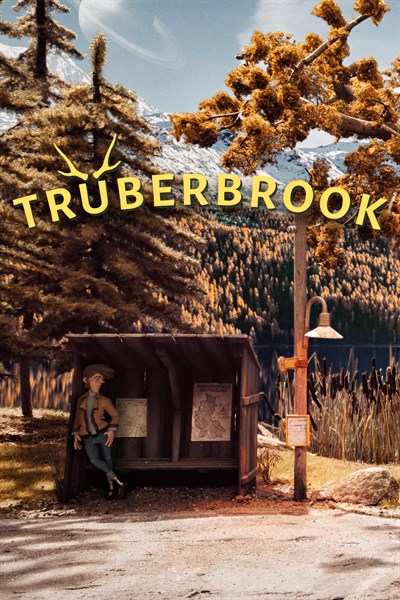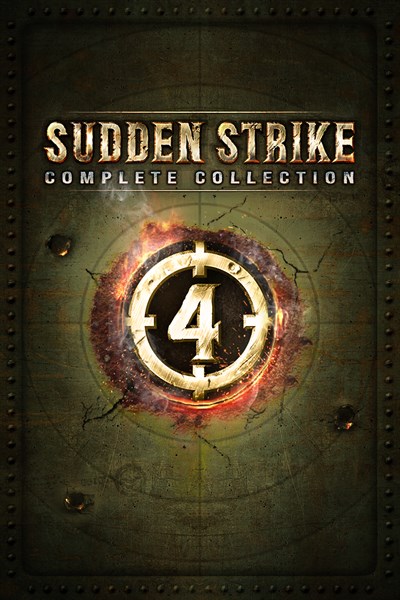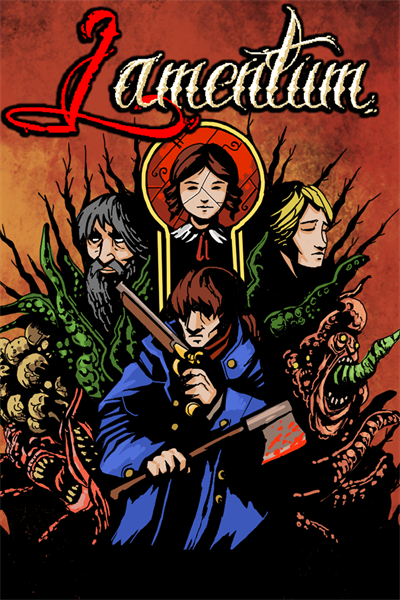One of the big departures in Star Wars Jedi: Survivor compared to Fallen Order is that you’re going to have this home away from home in the Planet Koboh. Sure, you’d revisit Bogano and Dathomir a couple of times, but it was always in service of progressing the story and following the mainline plot. In Jedi Survivor, Koboh will almost take on a kind of Metroidvania-like identity with tons of optional areas to explore locked by progression, and each return trip to the planet opening up many new pathways and discoveries. This came out of one of the lessons Respawn learned from feedback of Fallen Order: That players really enjoyed the optional content, like the Crashed Venator and the legendary beasts like Oggdo Bogdo.
“For Survivor, we knew that we wanted to add more optional areas for players to discover and explore. To do this, we knew that we needed to give better rewards for exploration,” said Design Director Jeff Magers.
And sure enough, one of my own big takeaways from my five hours with a preview build of Jedi Survivor was that rewards for taking a detour away from the mainline quest path was always sufficiently rewarding. I’d regularly find tough battles that rewarded skill points, hidden traversal paths that led to new customizable options for Cal, or a shortcut that made traversal through the area much faster.
We knew that we wanted to add more optional areas for players to discover and explore.“We put a lot of work and focus into our customization system for this game so that our cosmetics would be more exciting to find, while also adding more gameplay rewards for exploration. By exploring the worlds, players will both make Cal more their own through customization, and more powerful and equipped to take on the challenges ahead with Skills, Upgrades, and Perks found in optional areas,” said Magers.
Speaking specifically about the design goals of Koboh, Lead Level Designer Martin Badowsky said that Respawn wanted to create a planet with a dense central area that players would have fun gradually opening up more and more. While playing through Koboh during my preview time, I got the sense that it was almost like a mixture between Firelink Shrine from Dark Souls, and a world straight out of Metroid. Like Firelink Shrine, the cantina and Rambler’s Reach served as a central hub that NPCs would congregate at, with multiple areas within the cantina that would open up as I progressed through the campaign, and then outside of that, there was this giant Metroid-like world to explore with several paths that I could not access with my current slate of upgrades.
Every time the player revisits one of these regions, there would be lots of new things to discover using their newly acquired toolset.The Metroid vibes are not an accident. “Metroid-inspired games at their core are about discovering new abilities and then using those abilities to pass obstacles, unlock more regions, and eventually develop a sort of intimacy, understanding, and dominance over the game world,” Magers said. “We wanted to make sure we evoked these same feelings from the player in our open spaces, and to do that we made sure that every time the player revisits one of these regions there would be lots of new things to discover using their newly acquired toolkit.”
He also added that the team wanted to address a couple of pain points that players had while exploring the worlds of Fallen Order. They moved the Mantis landing pads to more central locations on planets so that players would have easier access to all of the different regions that the planet has to offer, and most substantially, they added fast travel.
As you’d imagine, fast travel in Jedi Survivor works by finding meditation points and resting at them. When you rest at a meditation point, you’re able to select fast travel, and quickly warp to any other meditation point you’ve discovered on the planet. According to Magers, the team took great care to ensure that the player never needs to use fast travel to complete their journey, but that it’s a valuable tool for those who want to explore every inch of the expanded game world.
Mitchell Saltzman is an editorial producer at IGN. You can find him on twitter @JurassicRabbit
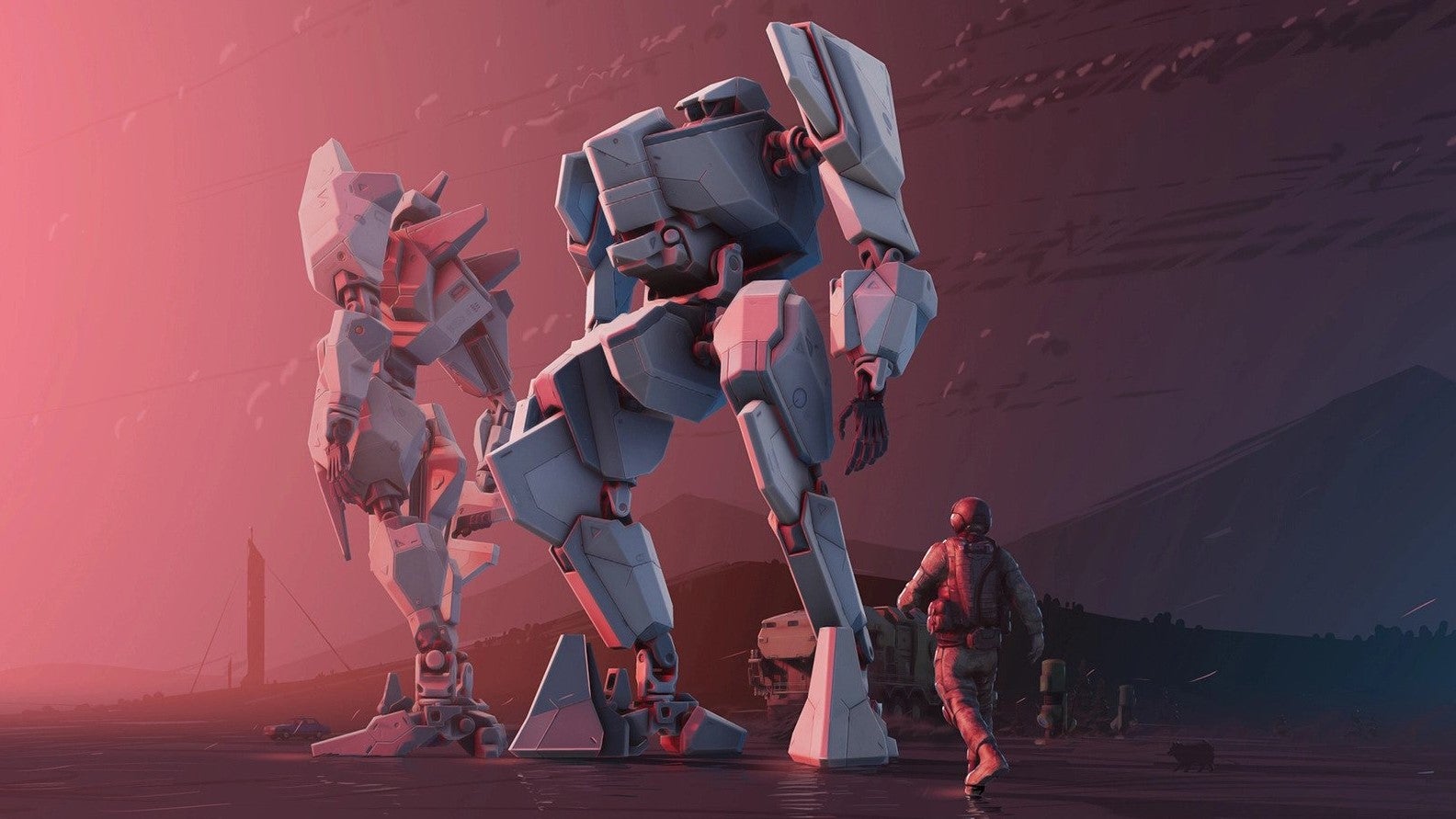 Phantom Brigade right. According to its internal clock, battles usually take less than a minute. That time is divided into five-second chunks during which you’re shown what the enemy will do, and must use that to coordinate your own mechs, placing their orders on a visible timeline. You finish your turn by hitting a button that makes everyone go at once for a few explosive moments.
Phantom Brigade right. According to its internal clock, battles usually take less than a minute. That time is divided into five-second chunks during which you’re shown what the enemy will do, and must use that to coordinate your own mechs, placing their orders on a visible timeline. You finish your turn by hitting a button that makes everyone go at once for a few explosive moments.
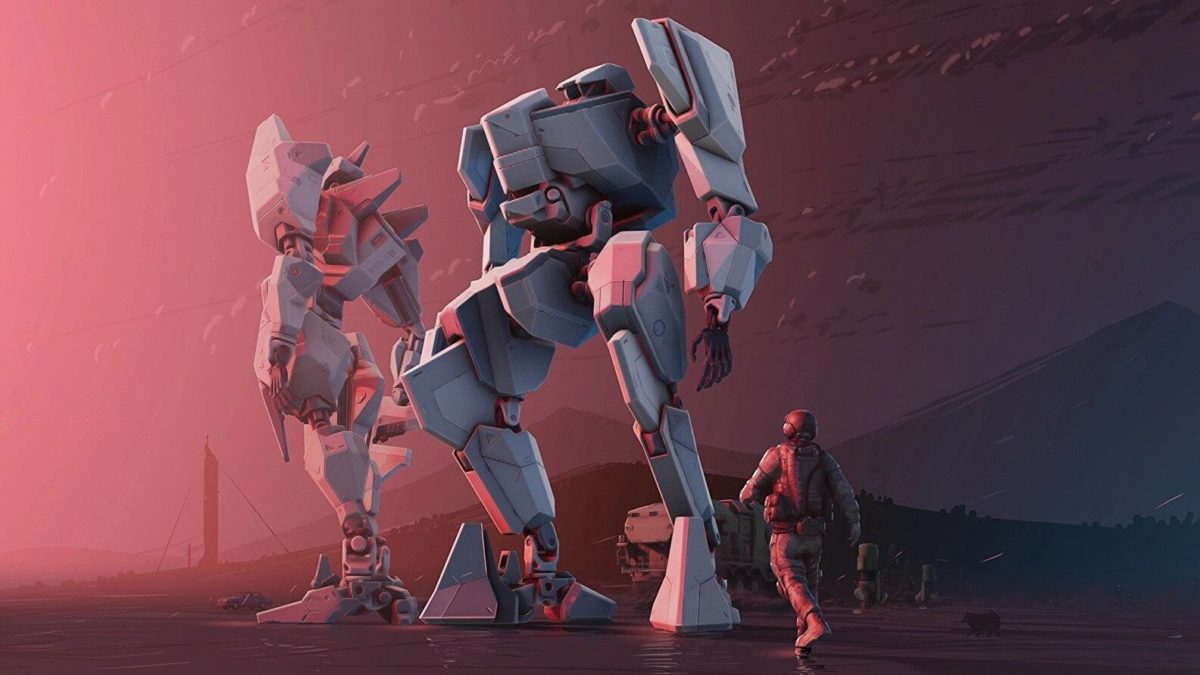




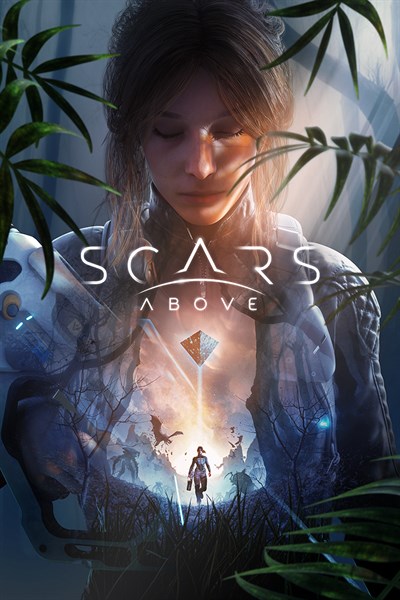

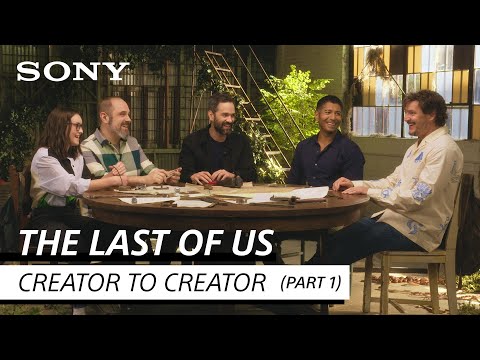

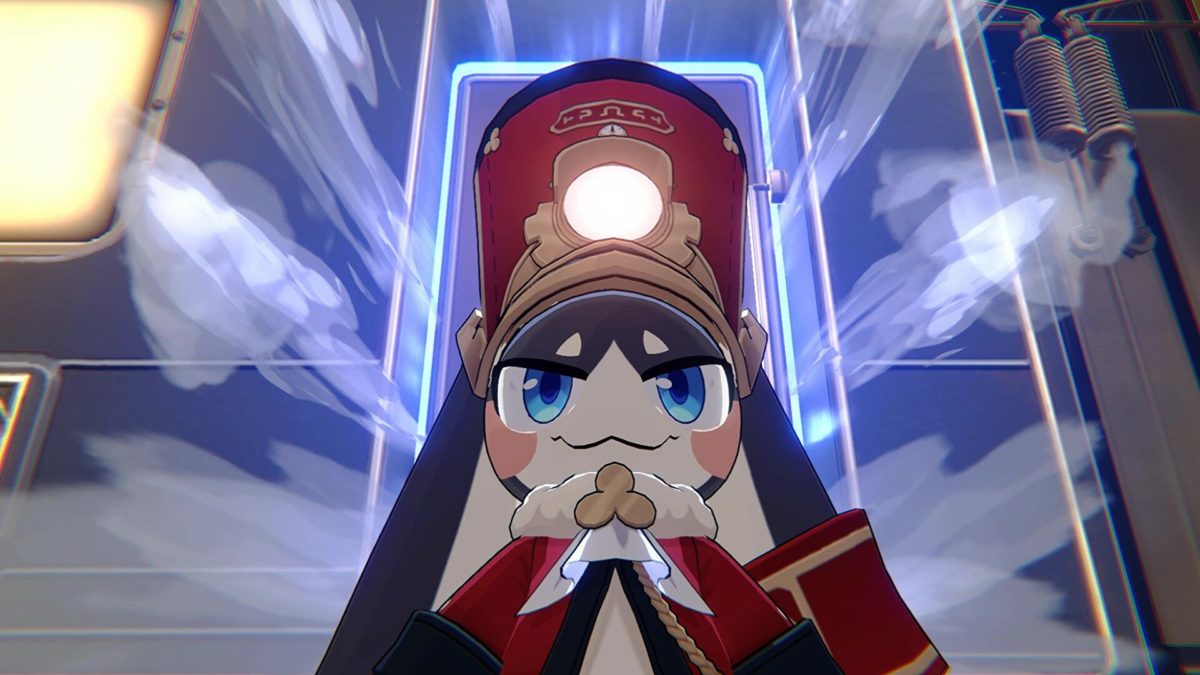
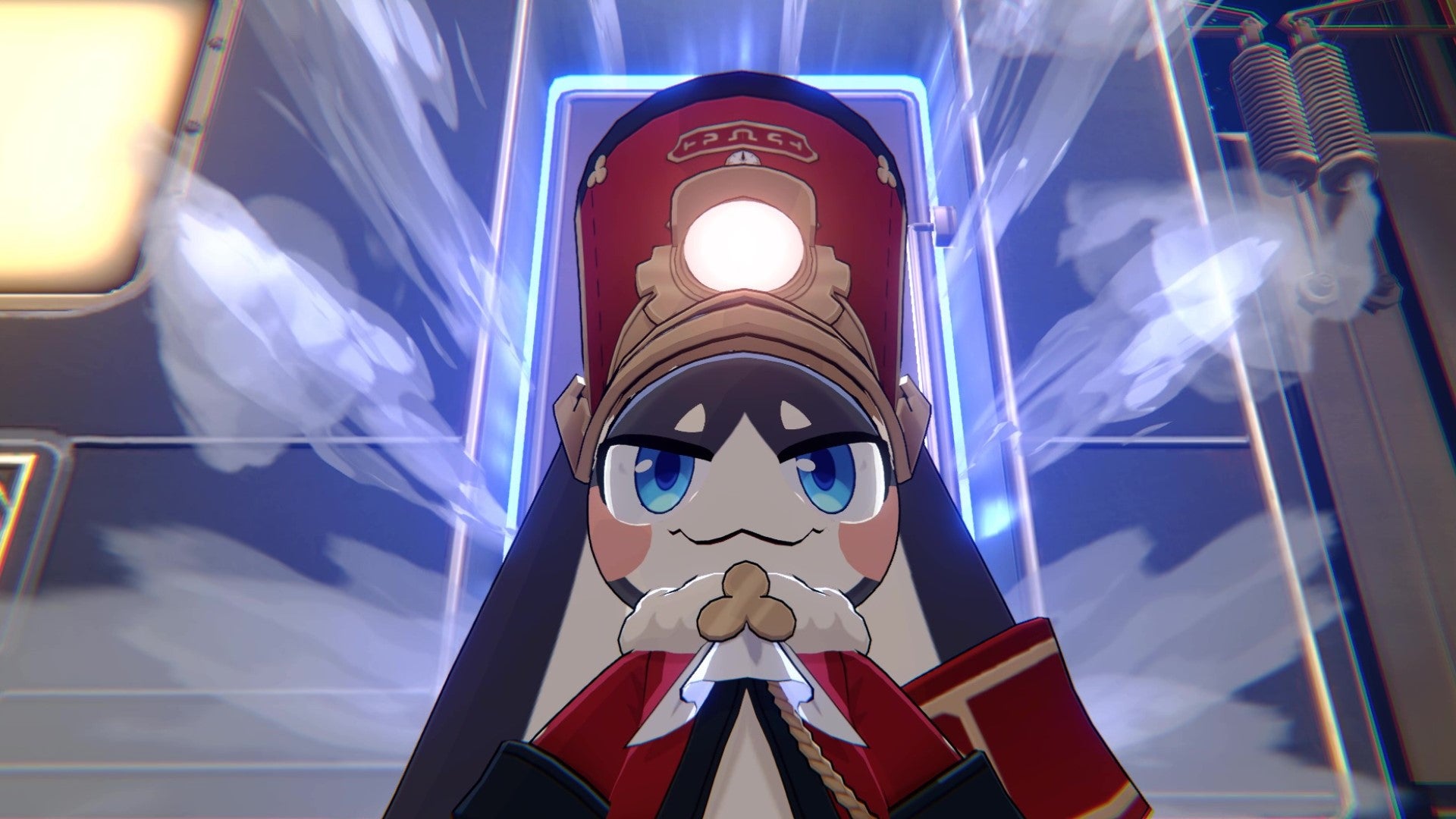 Honkai: Star Rail‘s closed beta, and it certainly seems that MiHoYo’s upcoming free-to-play RPG is hoping to capture a similar audience to Genshin Impact’s. Star Rail’s turn-based battles and JRPG leanings might be a bit of a departure from Genshin’s open-world adventuring, but it’s definitely, 100%, without a doubt, anime as heck. Oh, and very gacha. There’s a lot of currencies. So many currencies. Still, I think it’s shaping up to be a decent time.
Honkai: Star Rail‘s closed beta, and it certainly seems that MiHoYo’s upcoming free-to-play RPG is hoping to capture a similar audience to Genshin Impact’s. Star Rail’s turn-based battles and JRPG leanings might be a bit of a departure from Genshin’s open-world adventuring, but it’s definitely, 100%, without a doubt, anime as heck. Oh, and very gacha. There’s a lot of currencies. So many currencies. Still, I think it’s shaping up to be a decent time.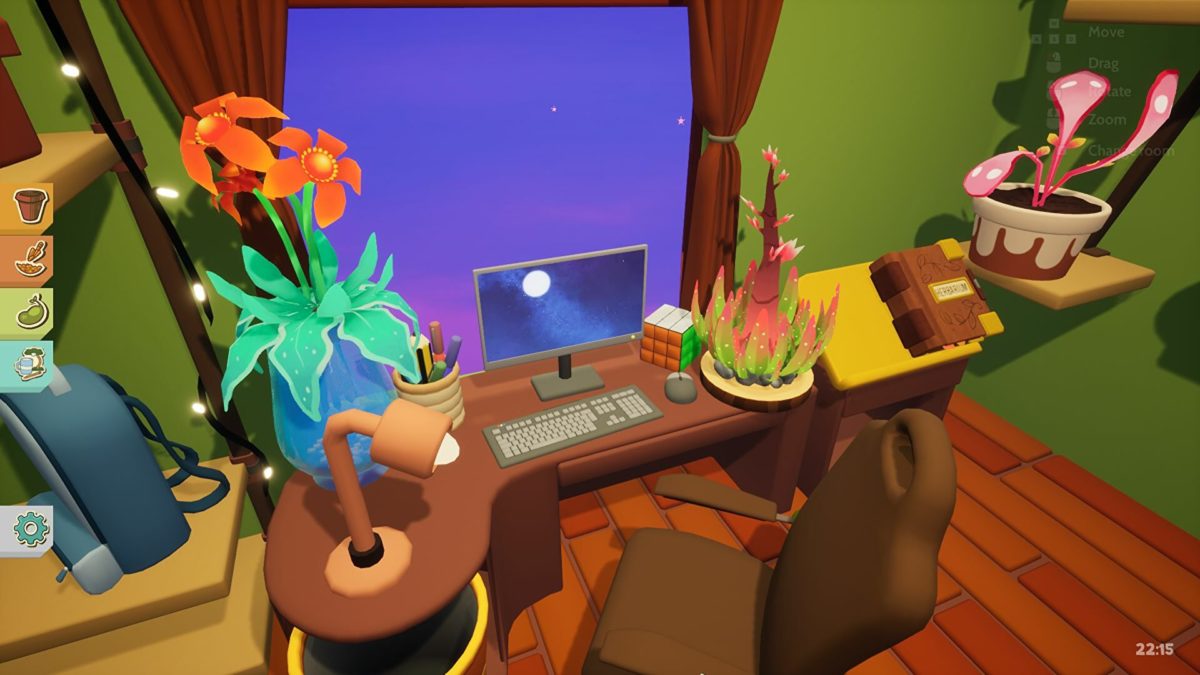
 for like nine months now. If my need for plants were a child, it would have been born. I had a decent pot plant called James Plant back in the UK, but when I moved I bequeathed James Plant to Graham – and, now that I think about it, Graham hasn’t told me how James Plant is doing, so I should probably check in on that.</p><p>I know that digital plants do not replace real plants in a physical sense – i.e. I am getting no oxygenating benefit from them – but the little plants in <a href=) Garden In! make me happy. And I’ve just realised the name is a pun, too.
Garden In! make me happy. And I’ve just realised the name is a pun, too.